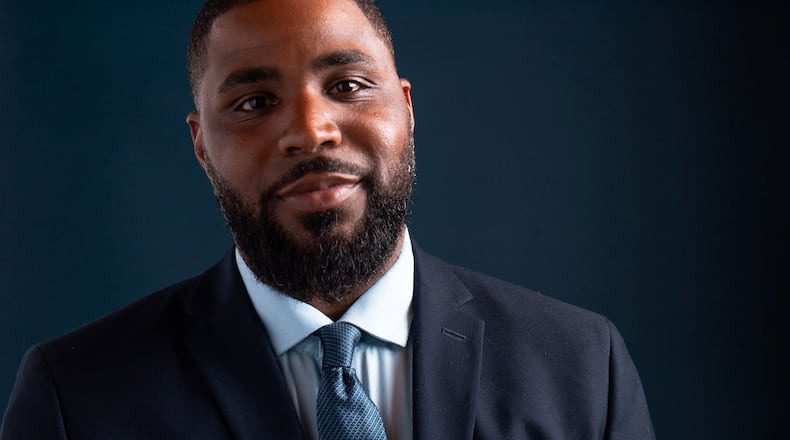Gun violence and traffic are among the two biggest safety concerns for residents who live on the west side of Dayton. I imagine this is also true for other cities left behind by this post-industrial, globalized economy. But I know it to be true here because I spent years facilitating conversations and managing programs designed to increase public safety. More importantly, I know this as a resident of a neighborhood located just off Gettysburg Avenue, one of the most dangerous corridors in the city.
Every day, I hear the revving of high-powered engines as cars speed through the streets. On the weekends, I hear the screeching of tires as drivers perform stunts in the middle of the road. I fear that my partner, my children or myself may one day be hit by a reckless driver. I also lament the general sense of lawlessness and incivility that pervades my part of my city. However, I do not support any of the measures the Dayton Police Department has taken to deter this dangerous behavior.
Often, I see officers chase these cars to the extent that DPD’s no-chase policy permits. As I walk my dog around the neighborhood, I see cruisers trying to hide as cops and drivers play an absurd game of cat and mouse. On the weekends, I hear the sound of helicopter blades chopping the air as law enforcement surveils drivers from the sky. Every day, I drive past a high-tech camera designed to capture the license plate of any driver who breaks the speed limit. All of these measures are expensive, and it is difficult to tell how effective they are.
Whenever I hear a community member suggest more police presence to deter reckless driving, I cringe. I guess they figure more crime control equals less crime, but that formula has been proven to be ineffective. Further, many of the same people calling for more police interaction will be the same people protesting when those interactions inevitably go awry. But if law enforcement isn’t the solution, what is?
Large traffic corridors are designed for the moving of large quantities of goods and people. As a booming mid-sized industrial city, it made sense for four, five and six-lane avenues to run through the city. Traffic control is naturally built into streets where people are stopping frequently to turn into a business or pedestrians are crossing to get to one side of another, and when cars are traveling bumper to bumper because there are more cars than space.
However, this is no longer Dayton’s reality. Gettysburg, Salem, Main and James H. McGee do not support commerce because there is no significant economy to speak of. They are big and relatively open roads that lead to interstate highways that encourage speed. Over time, that encouraged behavior has developed into a culture. As a result, we have a cultural problem that law enforcement is not equipped to address.
Culture is shaped by the environment and if the environment does not make any sense nor will the culture that develops around it. More police always seem like an easy solution to crime and incivility, but it is rarely the answer. In this case, I believe a redesign of our infrastructure so that it better matches our economic reality would do more to deter dangerous behavior than anything else.
I understand that would be significantly more expensive than even the helicopter that hovers over my neighborhood. However, why continue to waste money on methods that do not work? I understand the challenge that this presents, but I also believe an outdated way of thinking about how to manage a city is preventing us from having the appropriate conversations.
Jared Grandy is a writer and organizer. He is the former Community-Police Relations Coordinator for the City of Dayton.
About the Author
